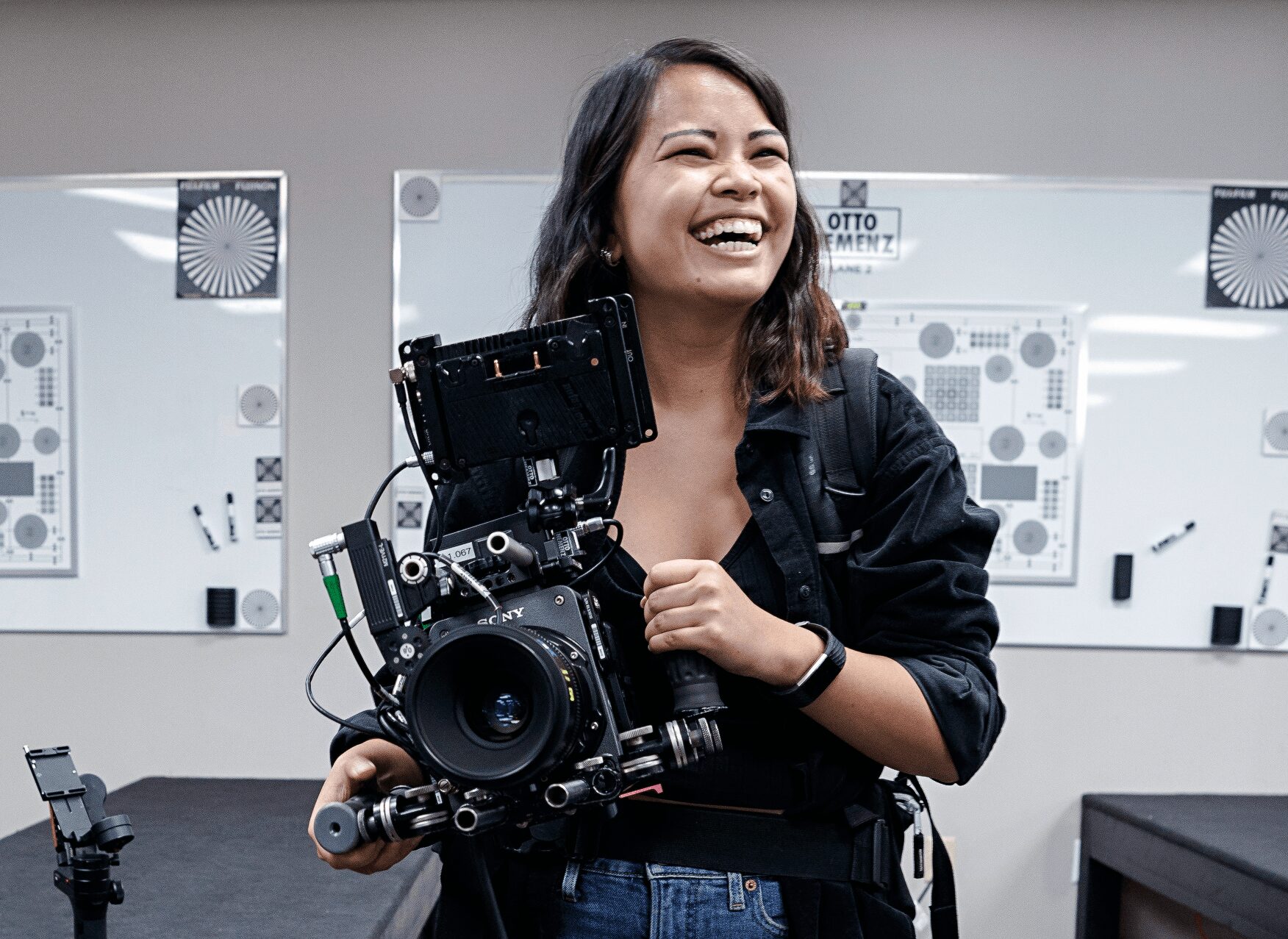
Today we’d like to introduce you to Elizabeth Gottshall.
Hi Elizabeth, so excited to have you on the platform. So before we get into questions about your work life, maybe you can bring our readers up to speed on your story and how you got to where you are today.
Having a career in the film industry wasn’t immediately apparent to me when I first started to figure out who I was and what I wanted to do for the rest of my life. A lot of things happened to me to get me to where I am today and I didn’t even realize it! I always enjoyed movies and books and storytelling overall.
When I was younger, I was introduced to film as more of an art form and method of storytelling rather than simply entertainment because my mother was a film and digital media professor. We would watch movies together and she’d tell me a little about how movies are thought about and constructed, but she never worked on film sets herself.
Later on, I developed a love for studio art and photography, which I pursued from middle school onwards. Visual storytelling helped me express myself in ways that words couldn’t always do. I loved how you could tell stories without saying any words.
I also had a love for novels and even thought about writing books for a living, but I couldn’t bear the thought of leaving studio art or photography behind. As I continued my college education, I took various film classes and realized through an internship that I could combine writing and art and turn it into a career.
Following my graduation, I attended the Georgia Film Academy where I learned how to be on union sets. I also attended other continuing education courses focused on indie filmmaking and developing my own projects. I was able to get another internship, this time in the camera department on a union set which really started snowballing into an actual living.
I met so many wonderful people who were so helpful and I eventually got work at a camera rental house and day played on sets before feeling confident enough to join the union. Today, I am Digital Utility in Local 600 as well as an AC and aspiring camera operator!
We all face challenges, but looking back would you describe it as a relatively smooth road?
It definitely hasn’t been a smooth road, but I think if it was a smooth road, then getting to where I am today wouldn’t be as satisfying. You have to have the struggles and the lows so that way you can have the highs and success that you want. Part of my struggle was figuring out how to even get into the camera department because it’s so difficult to learn about the equipment and how the department works.
There wasn’t a class I could take like the grip or lighting courses at GFA. It’s difficult to learn on your own as well. Working towards getting an internship and dedicating myself to meeting new people and maintaining those contacts was tough but necessary. One of the key things to remember for working in this industry is who you know and when you move to a new city it is hard to put yourself out there and meet people. It’s taken me years to build a network and find my place in the community.
Even learning all the gear is a huge struggle and I’m still learning about new equipment all the time. Again, there weren’t any classes or workshops for me to attend so I had to learn everything on set or at a rental house. I had to learn while on the job and I had to learn while also working several other side jobs from dogsitting, and working at a clothing store, to working in the service industry. It was a lot to juggle, but I eventually got through it and have gotten to the point where I can now solely focus on my career in the film and television industry.
I know that I still have many other goals that I want to accomplish personally and professionally, so the road isn’t ending yet for me. There will be more struggles and I’m always ready to tackle them head-on. I feel much more confident and supported now with the newfound friends and community which has made a world of difference for me in this industry.
Can you tell our readers more about what you do and what you think sets you apart from others?
I have worked on union and nonunion sets in the camera department as a digital utility, 1st AC, 2nd AC, and camera operator. I have worked on short and feature films, television shows, music videos, and commercial shoots over the last five years. Initially, I came into the film industry with the main goal of becoming a DP (director of photography).
I soon learned that there were various different paths I could take and began to work and explore the camera department. While I enjoy being a 1st AC or 2nd AC, my goal is to continue sharpening my skills as a camera operator for narrative and commercial work.
I took a step back from being a director of photography to work on my abilities as a camera operator and learn by observing other amazing DPs, but I think I’d like to eventually come back to cinematography in the future. I’d love to be the person who creates the overall look of a project and works on lighting and composition in collaboration with the director. Being a camera operator and director of photography are my more short-term industry goals.
One of my more long-term goals is to write and direct some of my own projects with a focus on unheard stories. I’ve always had queerness, women, and Asian American perspectives at the front of my artwork. I think my unique perspective sets me apart from others but also allows me to collaborate well with other artists who have similar interests as me and stories they want to tell.
I don’t have a personal project that I’ve finished that I want to share with others yet. However, I am proud of of my one short film, The Difference, because it is something I set a goal to finish and I did. It was my first major short film I worked on it with a crew of friends and raised money to fund it myself. It took a long time to finish it, but I eventually did and shared it with some people.
It’s a huge accomplishment for me because I know that making a film from beginning to end is no small feat. I’m currently working on some new projects that I hope to finish writing this year and eventually create them with the goal of sharing with a wider audience and sending them to festivals.
What matters most to you? Why?
What matters most to me is giving a voice to the unheard. Being a Chinese adoptee, I always struggled with my identity and view of the world. When I was younger, I didn’t realize I had such mixed feelings about who I was because I wasn’t exposed to many points of view.
It was hard to figure out my place in this world because I hadn’t met very many young queer people or many other Asian adoptees. As I got older and became exposed to more perspectives and met more people through school and work, I began to figure myself out and become much more sure of myself.
When I first became interested in being in the industry, I soon discovered that the stories that I wanted to see were not there. There weren’t that many Asian films or TV shows for me to be inspired by. I didn’t have many Asian characters specifically female Asian characters to look up to.
The Asian adoptee experience was not talked about. Being queer was not really seen in the media. Women continue to have to fight for their stories to be told through the female gaze. I still to this day see a gap in diversity and the stories that are told and widely shown.
The stories I want to tell are stories that I would want to have seen when I was younger. I want to empower those who may have the same identity as me. I especially want to help others with their own journeys to tell their stories.
I’d really like to eventually get to the point where I can help provide opportunities for people in front of the camera and behind it and pass on any knowledge I have. If I can inspire at least one person with my stories like so many other wonderful filmmakers have for me, all of this will have been worth it.
Contact Info:
- Website: https://elizabethgottshall.wixsite.com/portfolio
- Instagram: https://instagram.com/lizgott22
- Other: https://linktr.ee/elizabethgottshall
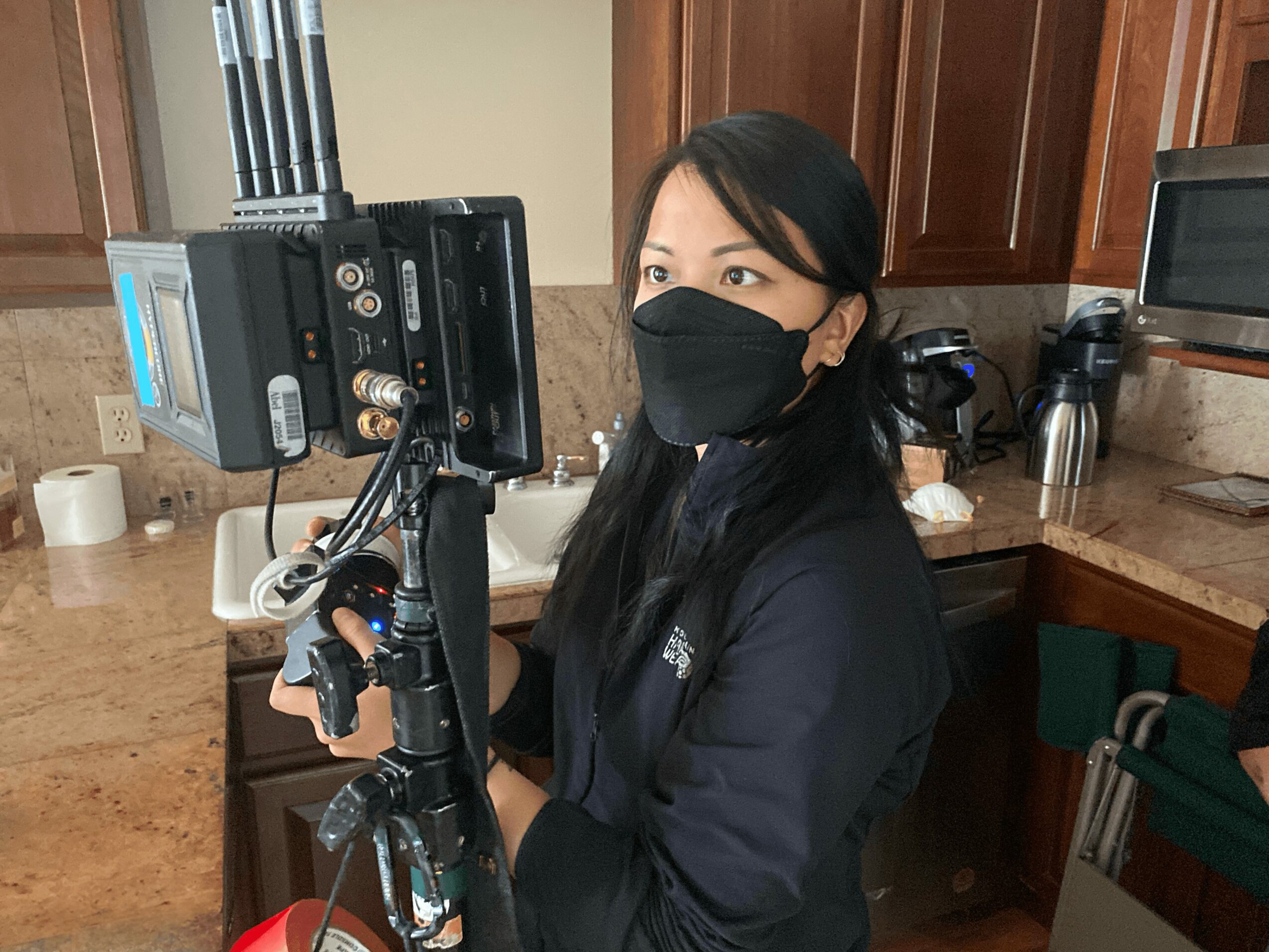
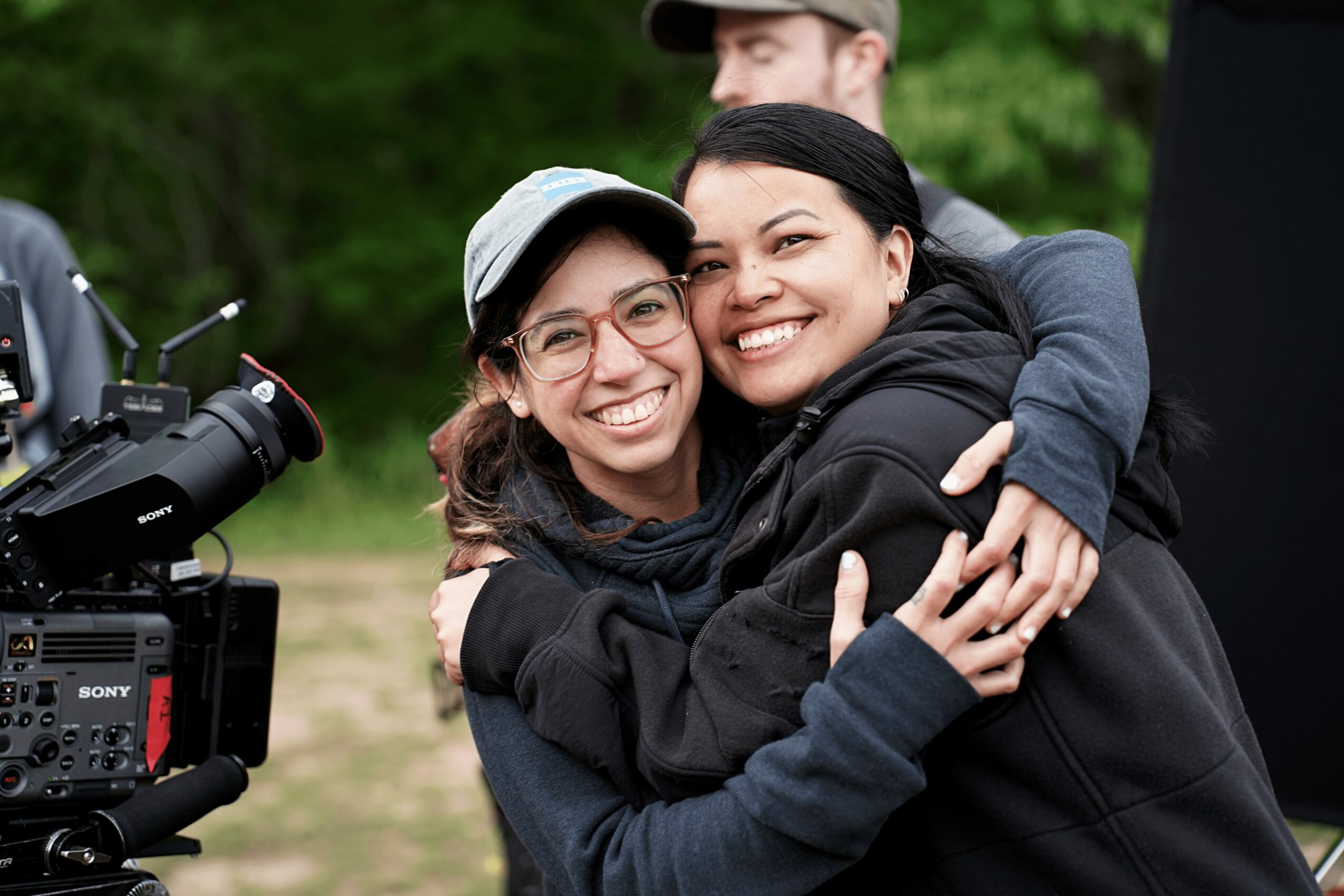
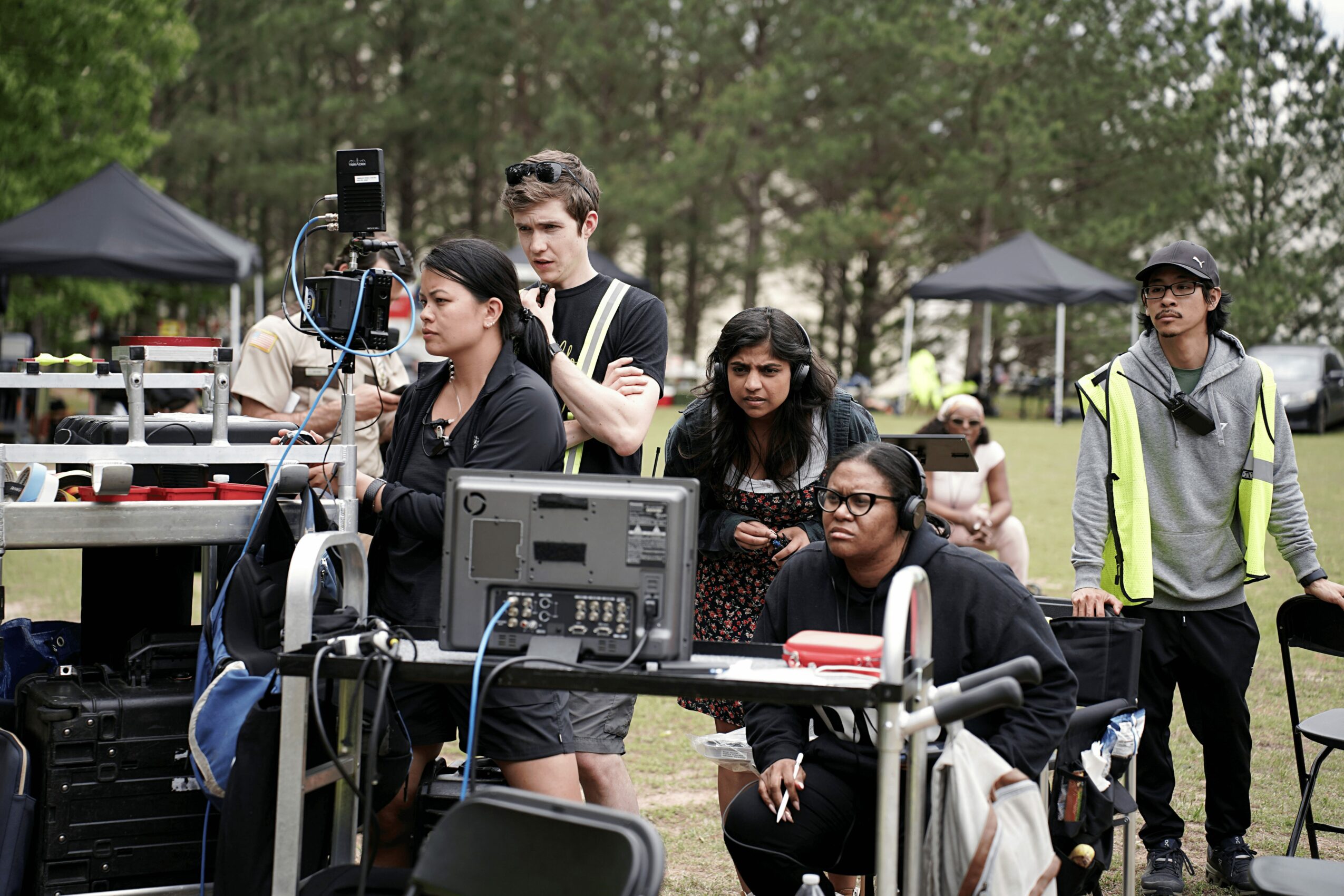
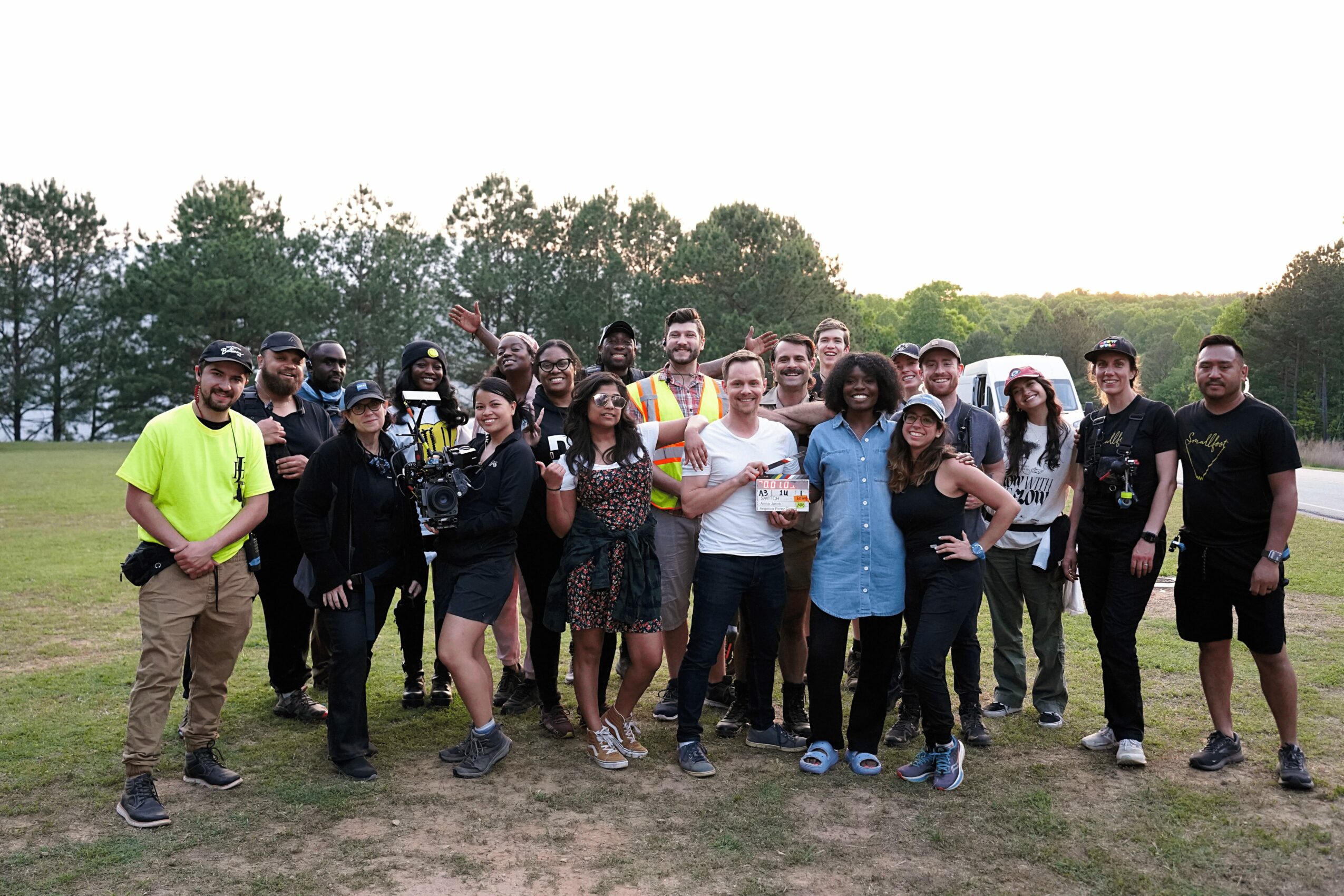
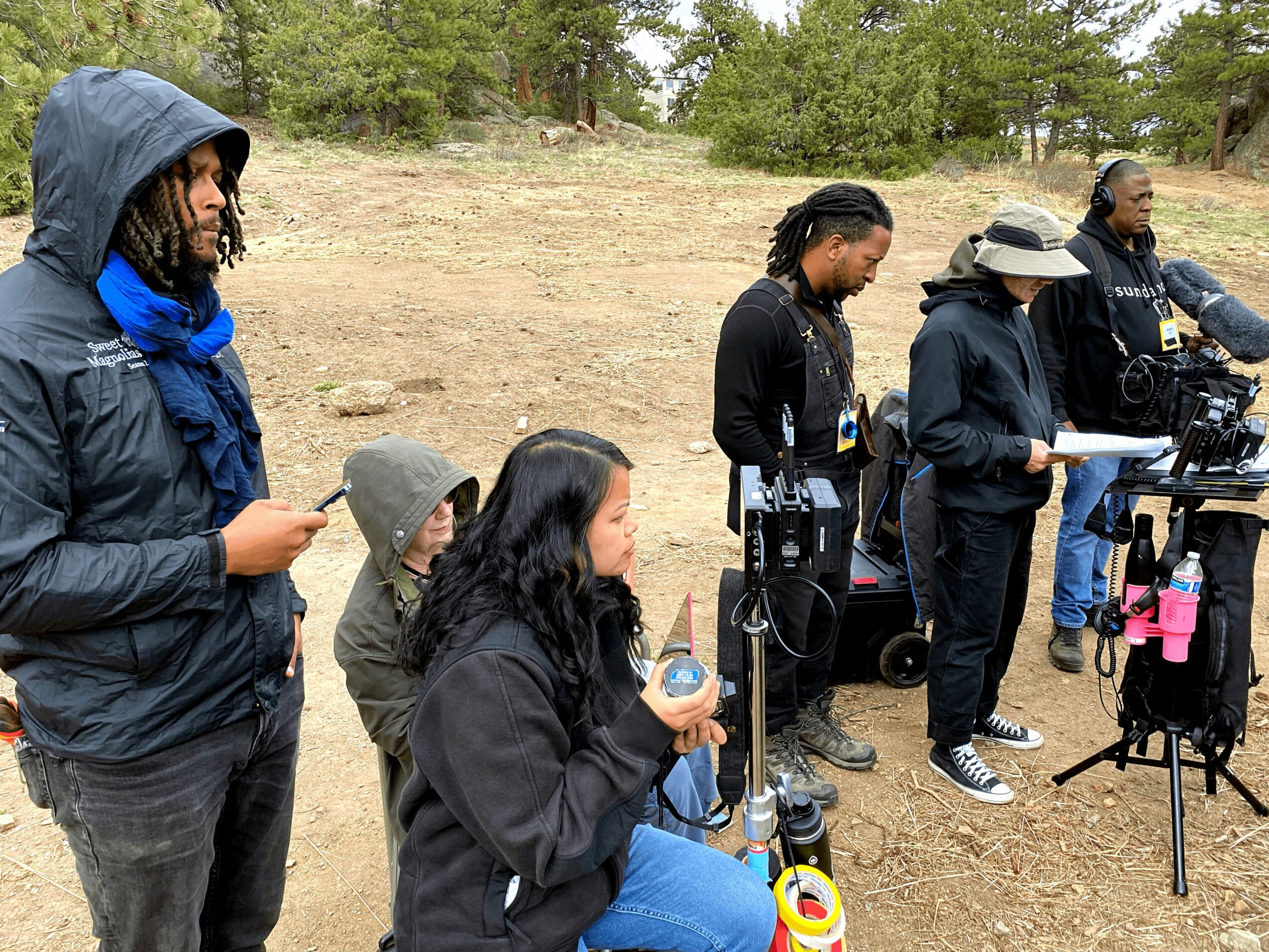
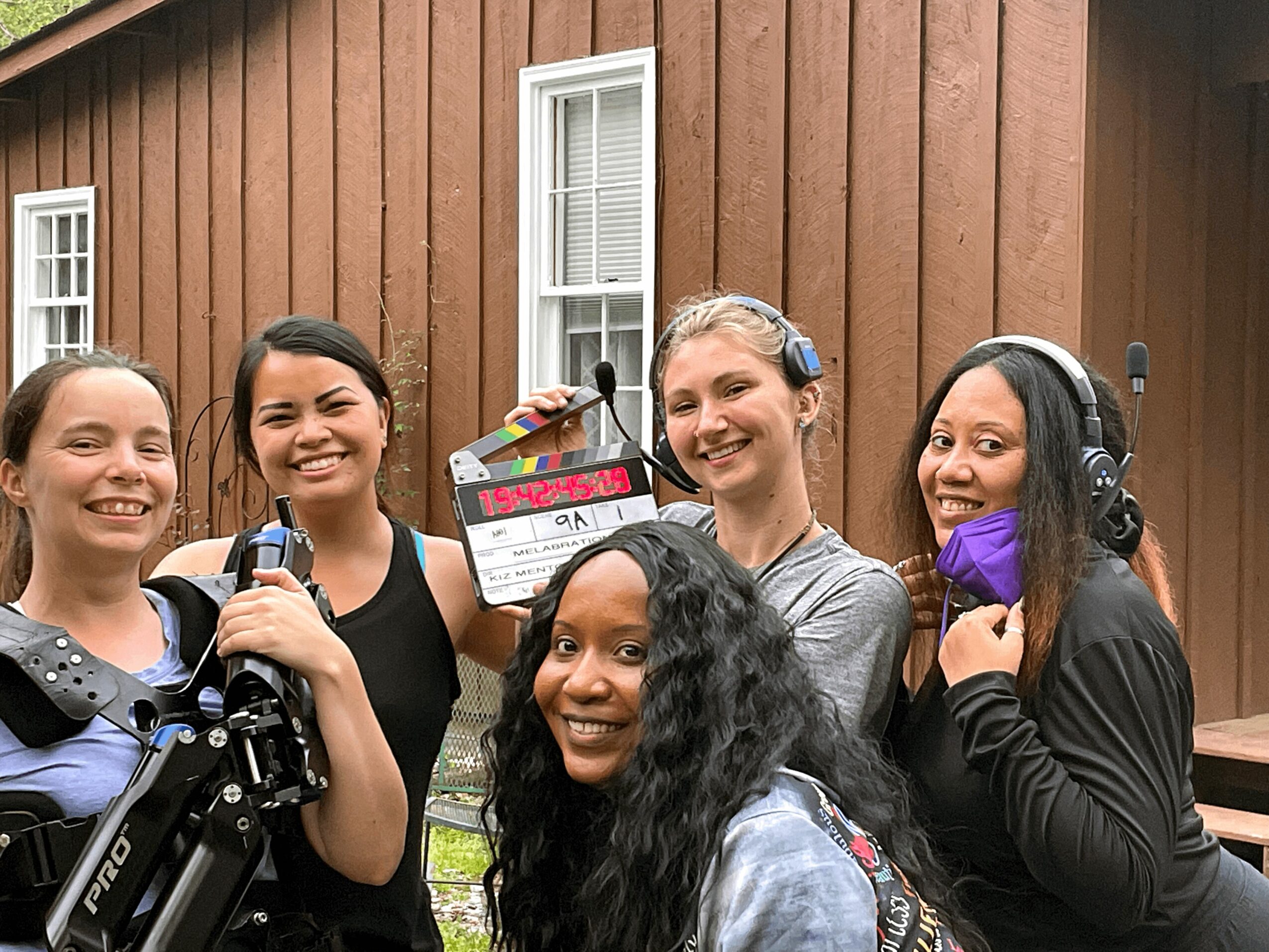
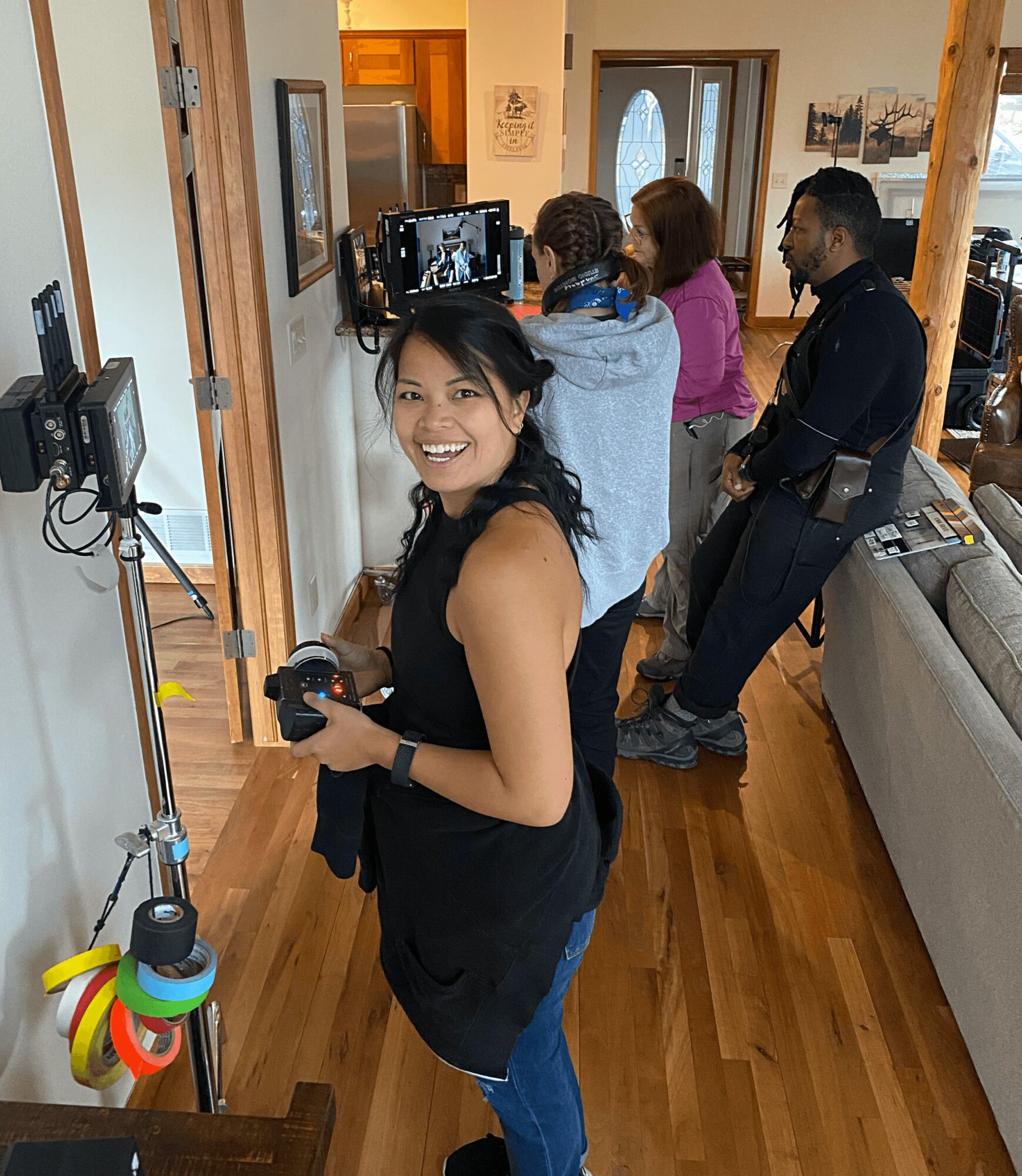 Image Credits
Image Credits
Christina Somphone, Dan Williams, and Kurt Yue













